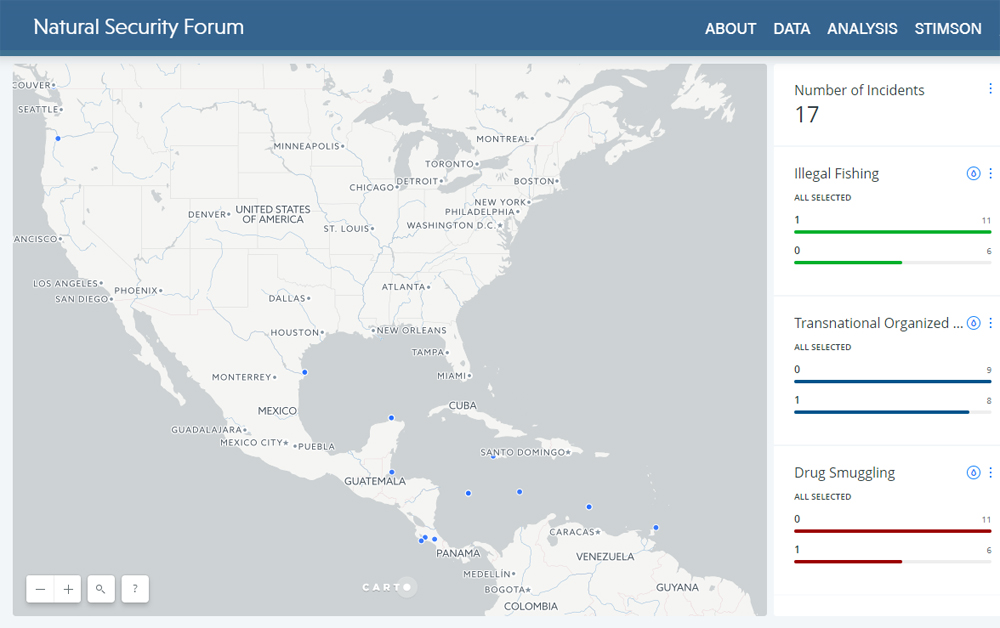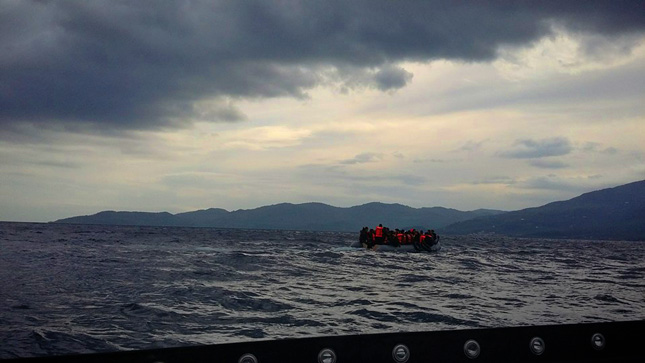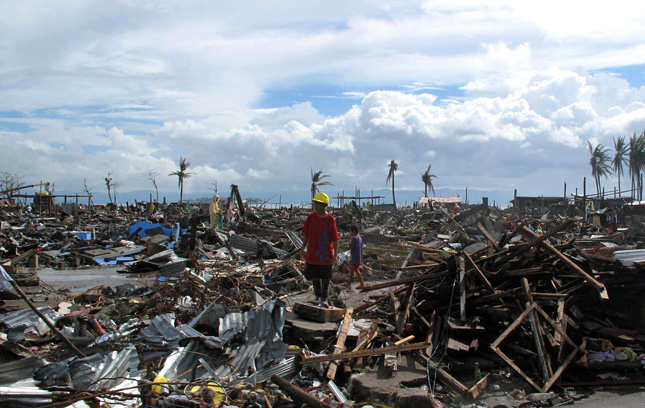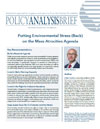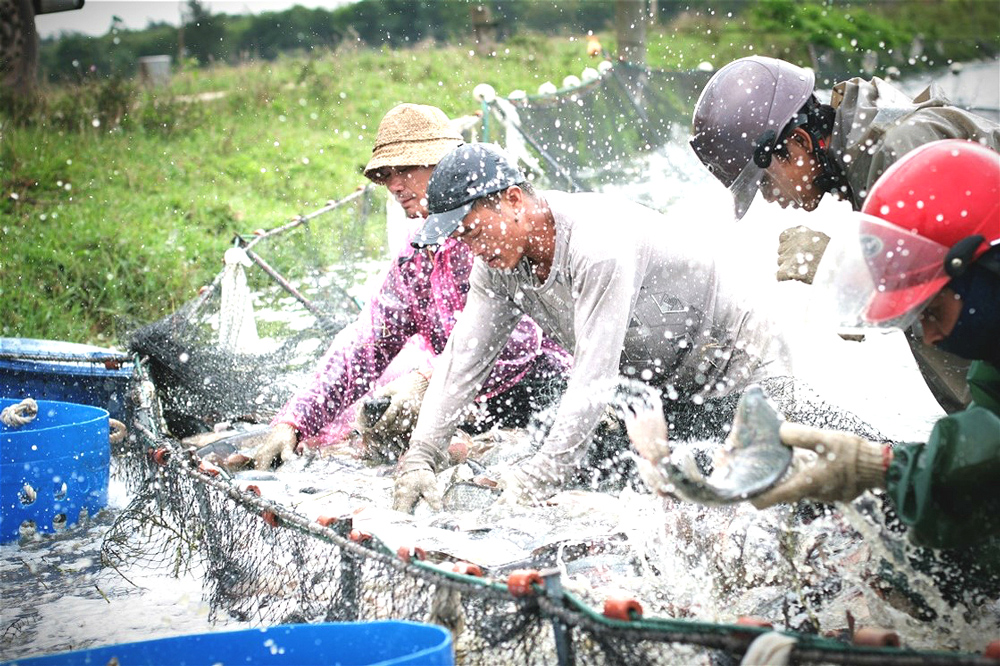-
Fishing for Criminals: Mapping the Security Threats of Illegal, Unreported, and Unregulated Fishing
›Organized crime, arms and drugs smuggling, and conflict often overlap with environmental crimes like illegal fishing. A new interactive database from the Stimson Center’s Environment Security program maps incidents of illegal, unreported, and unregulated (IUU) fishing with the aim to “illuminate and educate on the geostrategic security implications of environmental crime; foster the creation of a new and expanding community of natural security stakeholders; and change the terms of the conversation on environment crime, leading to innovation policy solutions.”
-
The Deadly “Humanitarian Ping-Pong” of Refugee Rescue at Sea
›
In 2013, a boat capsized 61 miles from the Italian island of Lampedusa killing 268 refugees including 60 children. It was another horrific example of the risks taken by so many families fleeing violence in the Middle East and Africa. But recently released tapes of conversations with coast guard authorities reveal a deeper tragedy.
-
Consensus, Certainty, and Catastrophe: The Debate Over Ocean Iron Fertilization
›
Almost three decades ago, at a conference at the Woods Hole Institute, oceanographer John Martin said with “a half a tanker of iron…I will give you the next ice age.”
-
Caribbean Governments Huddle to Discuss Climate Adaptation Plans
›As more climate change seems locked in – some estimates suggest a 1.5-degree Celsius (2.5 degree Fahrenheit) rise above pre-Industrial averages is guaranteed – more governments are allocating resources to adaptation. Caribbean communities that contribute very little to climate change are some of the most vulnerable, and representatives from many met in October 2016 in Grenada to share experiences and build technical capacity.
-
Jessica F. Green & Thomas N. Hale, Duck of Minerva
Why IR Needs the Environment and the Environment Needs IR
›April 13, 2017 // By Wilson Center Staff
The state of the global environment is terrible – and deteriorating. The globalization of industrial production and the consumptive habits of 7 billion people have created the Anthropocene, a geologic age in which the actions of humans are the primary determinant of the Earth’s natural systems. This shift creates a profound new form of environmental interdependence, of which climate change is only the most salient example.
-
Can Demographic-Environmental Stress Contribute to Mass Atrocities? And the Future of Arctic Cooperation
› In a brief published by the Stanley Foundation, Cullen Hendrix explores how “the degradation and overexploitation of renewable sources…and unequal access to these resources” can make societies more or less susceptible to experiencing mass atrocities. Hendrix proposes that “demographic-environmental stress” is most likely to contribute to mass atrocities (genocide, war crimes, or crimes against humanity) in agricultural societies that have a high level of group identity-driven politics and economics, exclusionary political institutions, political actors that deprive certain groups, or when governments have low legitimacy.
In a brief published by the Stanley Foundation, Cullen Hendrix explores how “the degradation and overexploitation of renewable sources…and unequal access to these resources” can make societies more or less susceptible to experiencing mass atrocities. Hendrix proposes that “demographic-environmental stress” is most likely to contribute to mass atrocities (genocide, war crimes, or crimes against humanity) in agricultural societies that have a high level of group identity-driven politics and economics, exclusionary political institutions, political actors that deprive certain groups, or when governments have low legitimacy. -
Ocean Fish Stocks on “Verge of Collapse,” Says IRIN Report
›The world’s ocean fish stocks are “on the verge of collapse,” according to a special report from IRIN. Already small fishers in poor countries are reeling, turning to ever-more destructive techniques and suffering from poor health and dwindling livelihoods.
-
Reining in China’s Aquafarming Sector: Interview With China Blue’s Han Han
›
Showing posts from category oceans.


